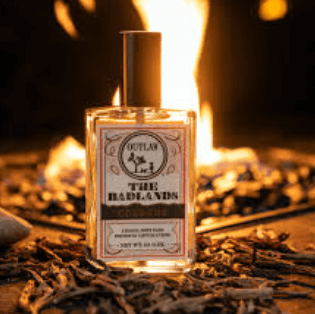
Campfire Spray Away the Nasty Smells of Your Campfire with These Simple Tips
Introduction
Are you tired of the lingering smell of your campfire following you around for days? Whether you’re a seasoned camper or just starting out, dealing with the smelly aftermath of a cozy night by the fire can be frustrating. But don’t worry, we’ve got you covered! In this blog post, we’ll explore the science behind why campfires smell and share some simple tips to help spray away those nasty odors. Get ready to enjoy all the benefits of camping without having Campfire Spray unpleasant smells!
The Science Behind the Campfire Spray Campfire
The smell of a campfire is one of the most distinct and memorable scents associated with outdoor adventures. But have you ever wondered what causes this familiar aroma? It all comes down to science.
When wood burns, it releases several compounds into the air, including carbon dioxide, water vapor, and various gases. One of these gases is called volatile organic compounds (VOCs), which are responsible for producing the Campfire Spray that we associate with campfires.
VOCs are made up of many different chemicals, but two in particular – guaiacol and syringol – are key contributors to the distinctive smell of burning wood. These compounds are produced when lignin – a complex organic polymer found in trees – breaks down during combustion.
Interestingly enough, not all types of wood produce the same amount or combination of VOCs. Hardwoods like oak or maple tend to release more aromatic compounds than softer woods like pine or spruce.
In addition to contributing to the pleasant scent around a campfire, VOCs can also have negative effects on air quality if they are released in high concentrations. That’s why it’s important to practice responsible fire-building techniques and always follow local regulations regarding fires in natural areas.
Tips for Reducing the Smell of Your Campfire
When camping, there’s nothing quite like sitting around a campfire in the evening. However, once the fire dies down and you head back to your tent, you may find that unpleasant smoky smell has followed you inside. Luckily, there are some simple tips for reducing the smell of your campfire.
Firstly, it’s important to choose the right wood for your fire. Wet or green wood will produce more smoke and thus create a stronger smell. Dry seasoned wood is best as it burns cleaner and produces less smoke.
Another tip is to make sure your fire is properly ventilated. When building your fire pit, ensure there is enough space between logs so air can circulate freely around them. This will help prevent excessive smoking which leads to more odor.
If possible, try not to burn anything other than wood in your firepit as synthetic materials release harmful chemicals when burned which can cling onto fabrics and increase bad odors.
Consider using natural odor absorbers like baking soda or activated charcoal near where you sleep at night if any odor remains after putting out the campfire completely.
By following these simple steps before starting a campfire on every trip you take into nature will reduce unpleasant smells throughout everyone’s stay at such places with no worries about being too close!
Conclusion
In summary, the smell of a campfire is an integral part of any camping experience. However, it can be overpowering and unpleasant at times. Luckily, there are several simple tips you can use to reduce or eliminate the smell altogether.
By following these tips such as choosing the right type of wood, keeping your fire small and contained, using natural odor absorbers like lemon juice or vinegar, and properly extinguishing your fire before leaving your campsite will guarantee that you’ll have a more enjoyable camping trip free from nasty smells. Remember that being responsible with fire not only helps to preserve our natural environment but also ensures we have unforgettable outdoor experiences for years to come. So next time you hit the trails on a camping adventure, make sure to implement these easy steps for making your campfire experience comfortable and enjoyable while minimizing its impact




